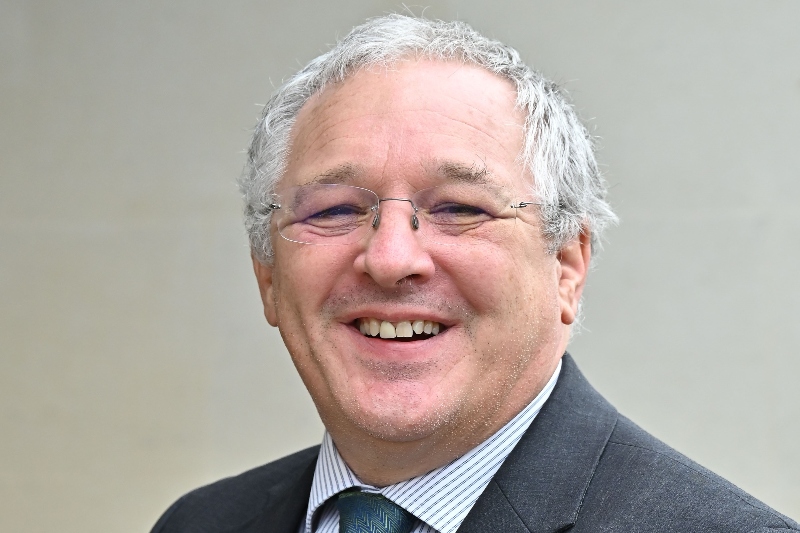Mark Kemp, the new president of the Association of Directors of Environment, Economy, Planning & Transport (ADEPT), looks at how the journey to net zero differs from council to council, but still requires collaboration.


For local authorities, there is no typical journey to net zero. The route to reducing carbon emissions needs to reflect the geographies and communities they serve.
For an urban London borough with a compact geography and relatively short distances to travel, easier availability of electric vehicle (EV) charging connections and a critical mass of equipment to install, the decarbonisation of their transport systems can be more straightforward than for a rural area.
On the flip side are rural and coastal areas. Greater distances between clients for social care, between villages for refuse and recycling, and geographically spread locations for highways maintenance present very different challenges. But they also offer opportunities. With more land available for renewables and carbon sequestration, and the potential for solar lighting, the low hanging fruit in a rural council’s net zero strategy might look very different.
Mixed urban and rural areas face the challenges and opportunities of both geographies, but no single solution. There is often a need for multiple authorities to work together with the added complexity of legal arrangements and location. In Oxfordshire for example, the roll out of a local authority EV fleet can be comparatively straightforward for Oxford but we don’t yet have the right technology or range to do this economically for swathes of the Cotswolds.
Range and technology are particularly pertinent when considering different types of vehicles. A typical fire engine, as well as being one of the heaviest vehicles on the roads, also needs power to pump water at high pressure and has sophisticated on-board control systems. The power and fuel requirements of these vehicles are far more demanding. Similarly, heavy waste collection vehicles have lift mechanisms, as do minibuses used for adult social care, so power is required for more than moving the vehicle around.
There are difficult questions for Government and councils when it comes to achieving net zero. Given the power needs of the heaviest vehicles, is electric even the right answer? In Hertfordshire, we have been testing a more environmentally friendly fuel, but it’s early days for this technology and implementation across whole fleets is a risk.
The next question is who carries the risk for trialling and implementing new technology? Public funding in difficult times demands caution, but the solutions to many of the crises we face mean bringing in new solutions that have not been extensively tested in a local area setting. It’s why programmes such as our ADEPT SMART Places Live Labs are so important – they acknowledge and share risk. It’s vital that Government steps in as they have with the Zero Emission Bus Regional Areas, where there is national investment in local provision of electric bus fleets.
If we recognise that different areas face multiple challenges, should we focus on those easier areas where changes can be made quickly? Although this risks urban areas winning out in the shorter term, as early adopters test new technologies that will inevitably improve, innovation can reach more areas over time. Doing this would take pressure off rural areas where the current technology presents resource and cost issues.
We’ve used that approach before in delivering superfast broadband; the question is, should we? Perhaps, as long as we don’t judge local authorities solely on single aspects of a strategy and enable them to focus on their strengths first. We need to ensure that we invest equitably in rural areas. Ensuring some form of transport service regardless of power source must be a priority when we consider issues such as rural isolation and reducing the need for cars.
Although the majority of councils have made a climate declaration to achieve net zero, the challenge is Scope 3 emissions. Having published guidance on Scope 1 and 2 emissions, ADEPT and the Future Highways Research Group are currently working on Scope 3, which requires creativity and partnership. Could we use energy recovery facilities to power refuse fleets or create hydrogen? It’s early days for demand responsive transport, but does it hold the solution for rural areas? Some councils have introduced an EV leasing scheme, but is it too expensive for all?
Local authorities are community leaders, but decarbonisation is challenging and requires collaborative solutions. We’re in it together.